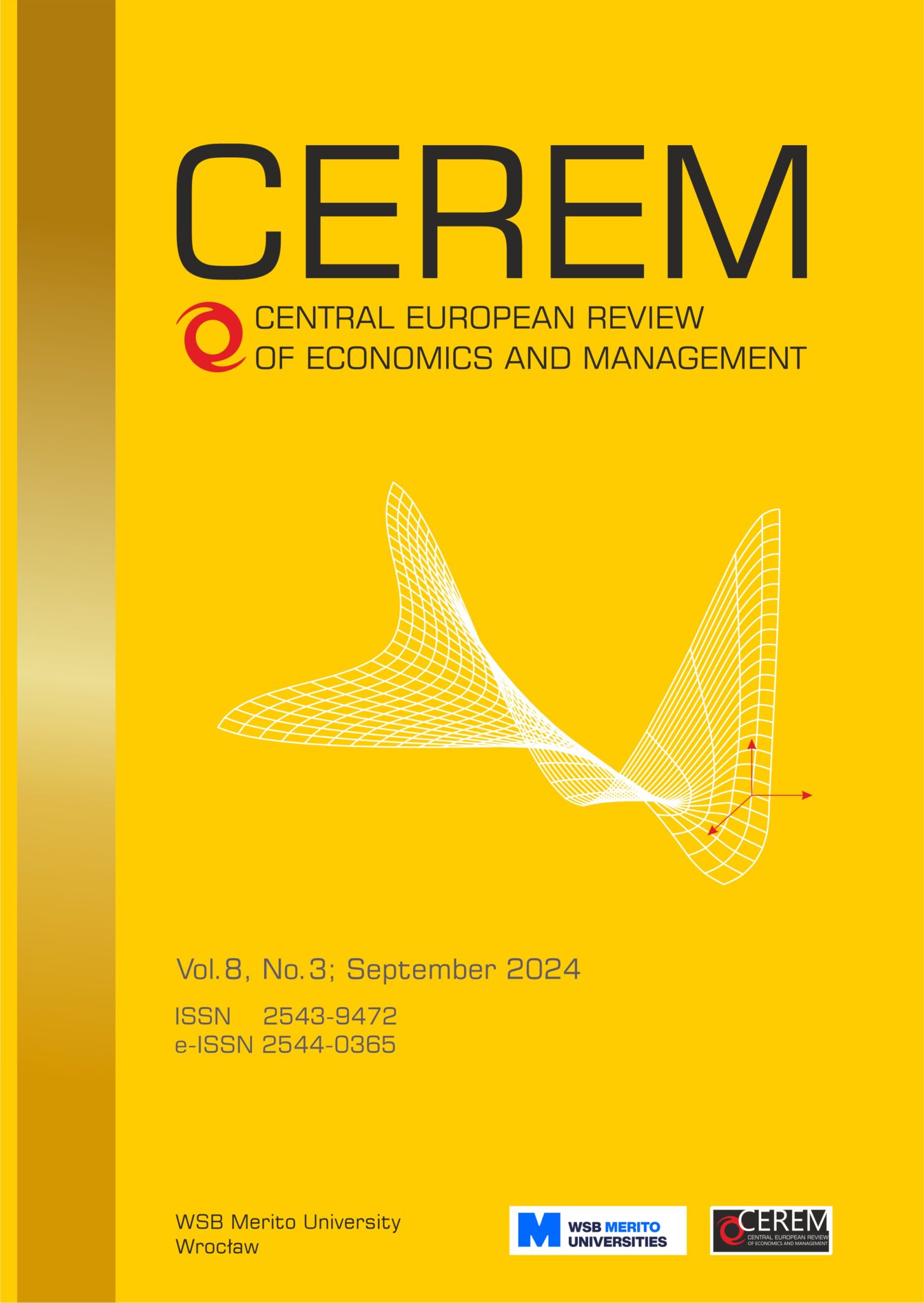Learning from failures: employing fault tree
analysis and reliability block diagram to investigate
the two deadliest peacetime marine disasters
Learning from failures: employing fault tree
analysis and reliability block diagram to investigate
the two deadliest peacetime marine disasters
Author(s): Nadar SHAHSubject(s): Transport / Logistics
Published by: Wyższa Szkoła Bankowa we Wrocławiu
Keywords: Failure learning; Organizational learning; Fault Tree Analysis (FTA); Reliability Block Diagram (RBD); Marine Disasters; Maritime Safety; MS Estonia; MV Dona Paz;
Summary/Abstract: Aim: This study aims to investigate the root causes of the MS Estonia and Doña Paz maritime disastersand to derive interdisciplinary lessons that can enhance the safety and reliability of maritime operations.Design/Research methods: The study takes a case study approach and adopts Labib & Read’s (2013)framework for learning from failures. This study addresses the following questions: a) What technicalfactors contributed to the MS Estonia and Doña Paz maritime disasters? b) What human andorganizational factors played a role in these maritime disasters? c) How do the reliability andvulnerability of individual components influence the overall safety and failure risk of MS Estonia andDoña Paz? To answer these questions, Fault Tree Analysis (FTA) and Reliability Block Diagram (RBD)techniques are employed. These methods are used to identify a range of technical, organizational, andhuman factors that contributed to these accidents and to assess the reliability and vulnerability ofindividual components affecting the safety and failure risk of the vessels.Conclusions/findings: The analysis revealed that multiple factors, including technical failures, humanerrors, and organizational shortcomings, contributed to the disasters. The study found that the emergencyresponse and search and rescue systems were particularly vulnerable, where a failure in any componentcould lead to system-wide failure. Based on these findings, evidence-based recommendations wereproposed to enhance safety management practices, regulations, and oversight in the maritime industry.Originality/value of the article: This study underscores the importance of a systemic approach tolearning from failures. It highlights the necessity of addressing technical, human, and organizationalfactors in maritime safety and provides a framework for future research and improvements in safetymanagement practices. The findings offer valuable insights for maritime organizations aiming to enhancetheir safety protocols and prevent future disasters.
Journal: Central European Review of Economics and Management (CEREM)
- Issue Year: 8/2024
- Issue No: 3
- Page Range: 89-114
- Page Count: 26
- Language: English

